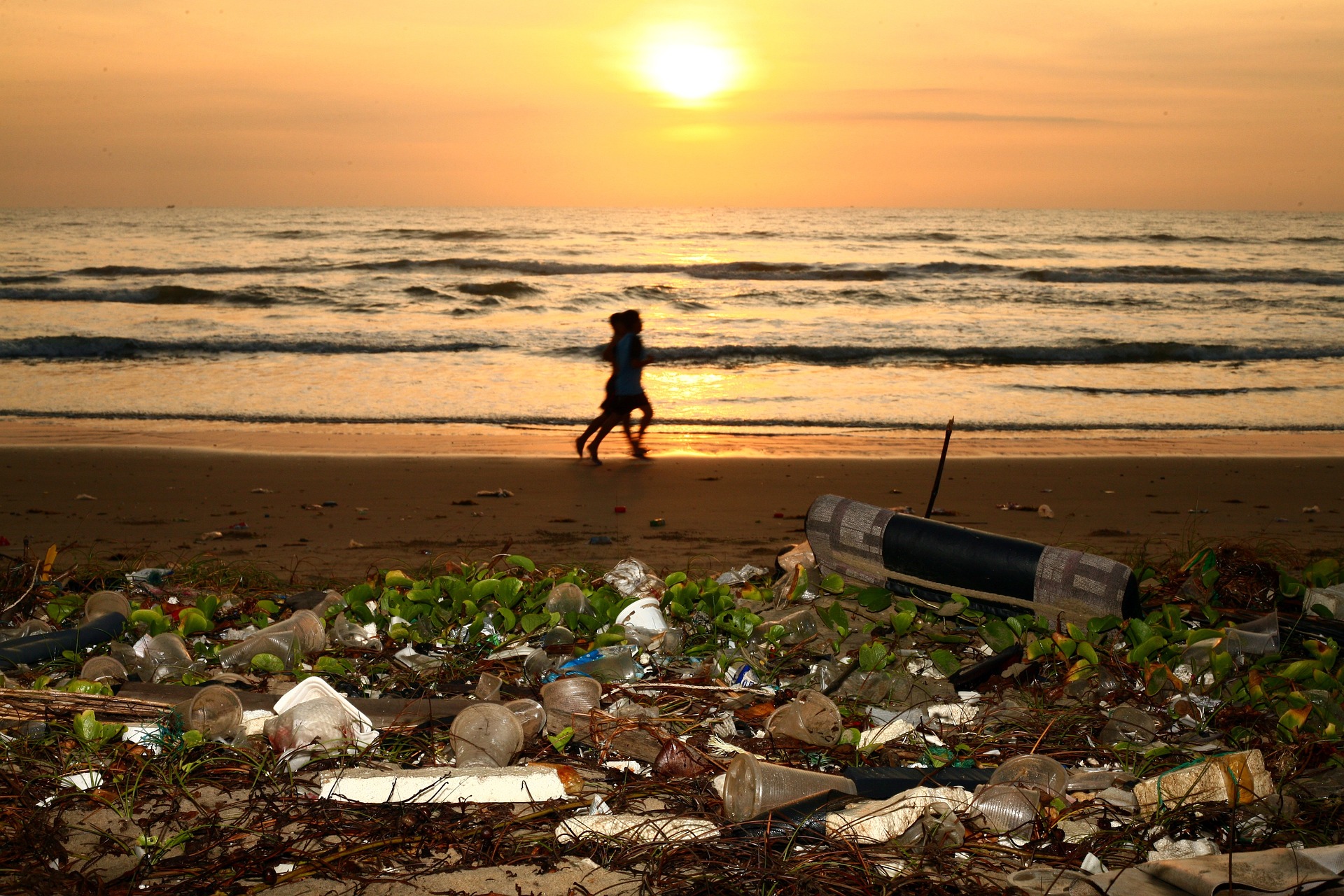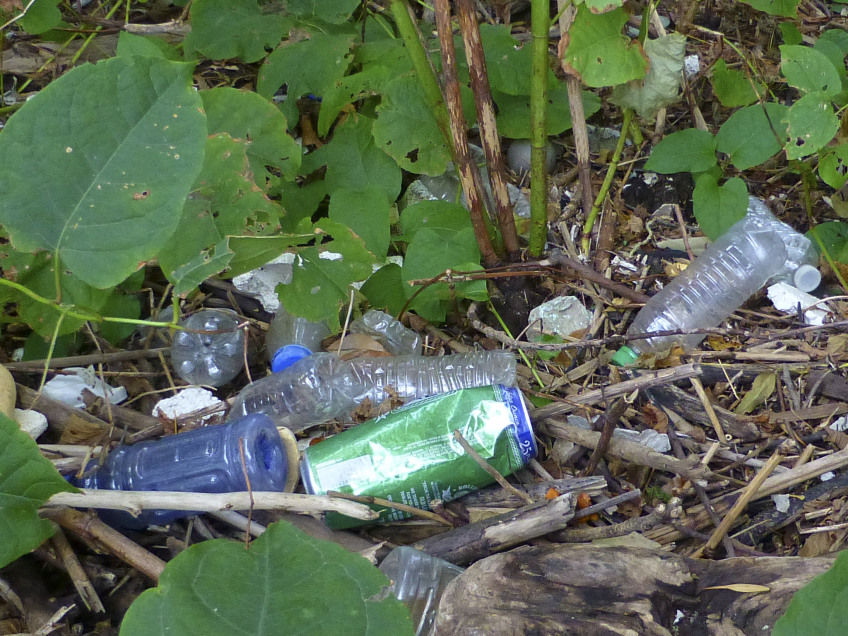Advanced Recycling Is Not The Answer To The Plastics Crisis

In April 2022, a Texas-based chemical company named Encina announced plans to build a $1.1 billion petrochemical facility in Point Township, Pennsylvania. The proposed facility would process 450,000 tons of plastic waste—or approximately the amount that would fit into a domed football stadium—each year to extract petrochemicals. It calls the process “advanced recycling” and says the facility would use first-of-its-kind technology to help “build a circular economy” and fight climate change.
Despite those lofty claims, Encina has provided remarkably few details about its actual plans. There are important, unanswered questions about the proposed plant’s impacts on public health, the environment, its safety, and its economic viability. Given the poor track record of the “advanced recycling” industry, residents are rightly skeptical. With Encina hoping to move forward to build the plant quickly, Pennsylvanians need answers now.
What Is “Advanced Recycling”?
In recent years, it has become increasingly clear how little of the plastic we use is actually recycled (only five percent in the United States) and how dangerous plastic pollution has become. There is so much plastic in our environment that the average person eats about five grams—or one credit card’s worth—of microplastics each week. In response to this onslaught of bad PR, the plastics industry proposed a new strategy for addressing public concern about the plastics crisis: “advanced recycling.”
Traditionally, when plastics are recycled, they are collected, sorted, cleaned, melted down, and turned into new plastic products. “Advanced recycling,” which can more accurately be called “plastics processing,” covers a range of chemical processes that decompose waste plastics to extract fuels or chemicals, and leave behind hazardous waste. In theory, these plastics processing plants can handle contaminated, impure, and low-quality plastics by breaking parts of them down into their original building blocks.

While that sounds appealing, the reality of plastics processing is much more complicated. Depending on the specific process in question, plastics processing can cause a range of very significant environmental problems. The recycling process generally involves burning chemicals, which has enormous consequences for air pollution, public health, and climate change. It can also create massive amounts of hazardous waste—in 2019, a single plant created over 500,000 pounds of hazardous waste, which included benzene, lead, cadmium, and chromium. On top of everything else, plastics processing plants have not proven to be economically viable. Notably, a recent investigation by Reuters showed that most plastics processing plants that opened in recent years have already shut down.
Encina’s Proposal Creates More Questions than Answers
With Encina suggesting a construction schedule that would begin this fall, the public knows remarkably little about Encina’s proposed plant. We know that the facility would be Encina’s first plant, as well as the first plastics processing plant in the region. We also know that the plant would utilize untested technology with no track record at any other plastics processing facility, and Encina refuses to share the details of how its technology would actually work, in the name of protecting its proprietary technology.
Unfortunately, this leaves the public with a lot of important and very basic questions that have gone unanswered:
- What is this technology that Encina is proposing? Is it safe for workers, residents, and the environment of Point Township?
- If the process is safe, then why is Encina seeking exemptions from existing environmental regulations and protections?
- How does Encina plan to collect 450,000 tons of plastic waste each year and what does it plan to do with the new products it creates?
- On its website the company claims to have raised $75 million, but where does it plan to get the $1.1 billion it will need to build the plant? Is Encina relying on taxpayer subsidies?
Based on the few details that have been made publicly available, some experts are already saying that Encina’s plans do not seem plausible.
The plastics industry has used a lot of lofty rhetoric about the potential of “advanced recycling” to solve the plastics crisis and fight climate change. So far, the results have been disappointing. Now Encina is making the same grand pronouncements about the proposed Point Township plant. In order for Pennsylvanians to believe them, or even believe that the plant is economically viable, Encina has a lot of questions to answer.
In the meantime, Clean Air Council is working hard to hold Encina accountable. On October 25, 2022, Clean Air Council brought a legal challenge to a permit waiver for the proposed Encina plant, which would have exempted Encina from the requirement to apply for a processing facility permit under the Solid Waste Management Act. Clean Air Council will continue to push for answers from Encina and make sure that the proposed facility complies with environmental laws.
For more information contact Alex Bomstein at abomstein@cleanair.org and at 215-567-4004.

